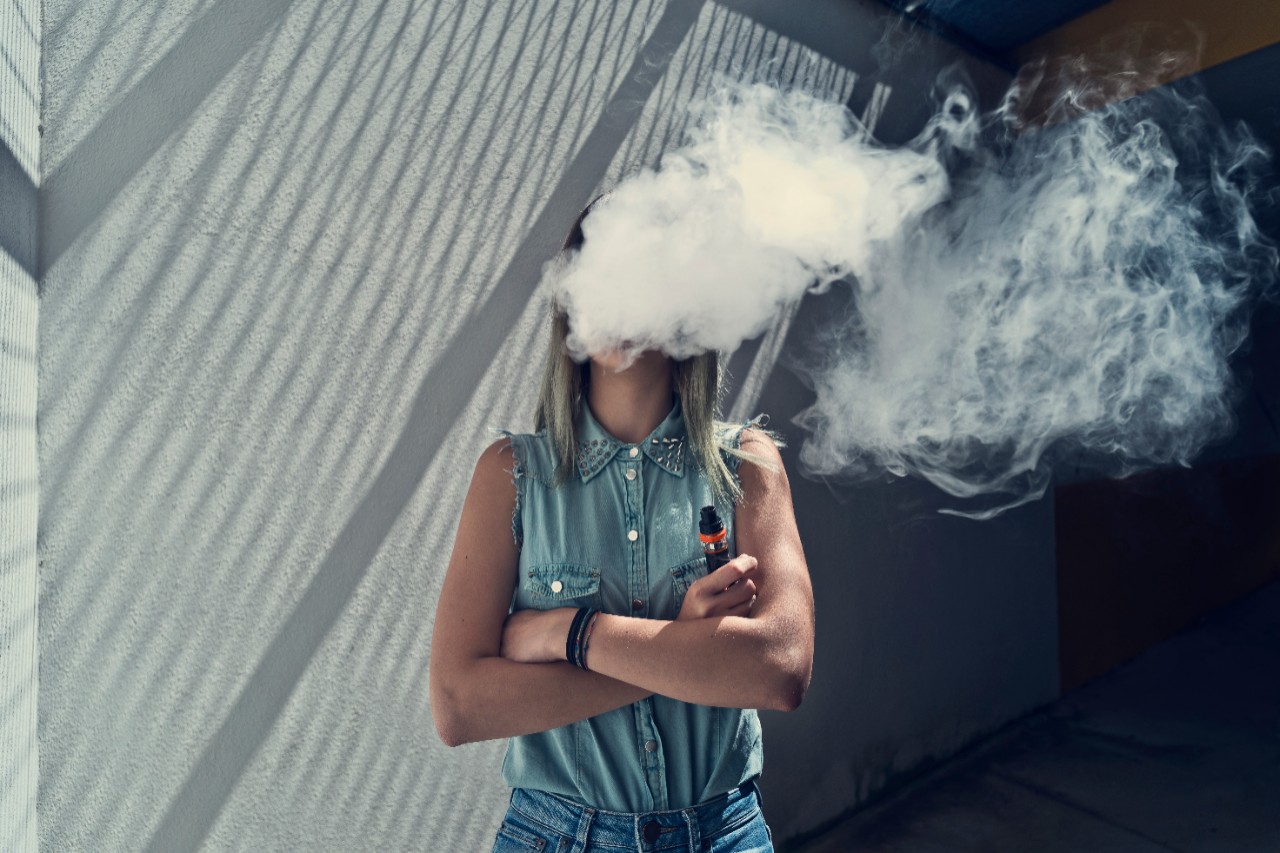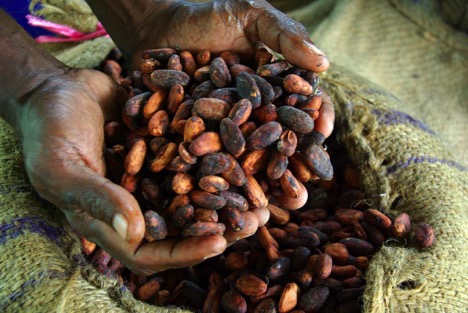By CultureBanx Team
- E-cigarette maker JUUL will pay North Carolina $40M and make changes to its business practices to settle the first of many state lawsuits
- In 2019, 3.2% of African American high school students smoked, compared to 9.9% of Whites and 7.2% of Hispanics
The teen vaping “epidemic” spurred by JUUL Labs, maker of the biggest-selling vaping device, has been under heavy scrutiny and now the e-cigarette maker will pay North Carolina $40 million over six years while making changes to its business practices, to settle the first of many state lawsuits alleging it marketed to teens. CultureBanx noted there’s been a re-emergence of smoking, that is re-normalizing a deadly habit to millions of teens, and garnered Juul a $10 billion valuation, though down from its $30 billion valuation from two years ago. Addiction to nicotine is one thing, being addicted to making money is much harder to quit, and by limiting access to flavored e-cigarettes, lawsuits, and raising the age limit to buy their products may not be enough to clear out JUUL’s smoke.
Why This Matters: JUUL, with its thumb-drive-shaped vaporizers has positioned itself as a tool to help smokers quit by curtailing tobacco use, the company maintains it does not market their product to teenagers. While they may help some adults quit, teens are at risk of becoming addicted to nicotine. Tobacco Free Kids reported that in 2019, 3.2% of African American high school students smoked, compared to 9.9% of Whites and 7.2% of Hispanics. According to a U.S. survey last year, about a quarter of high-school seniors reported vaping in the past 30 days.
In the TLC study conducted by the National Library of Medicine 30% of current JUUL users were aged 15-17 years. They concluded that given JUUL’s net revenue was $1.3 billion in 2018, it made between $130 million and $650 million of its net revenue from youth, depending on consumption scenarios. Perhaps this is why the company is not quickly exiting the market and why so many teens are hooked on vaping.
There are some areas where the company has successfully cleared out the smoke. JUUL closed down much of its social-media presence and stopped selling all but its mint, menthol and tobacco pods in retail stores. Menthol pods that have a flavor similar to cough syrup which attract minority teens, are typically easier to smoke and harder to quit, according to the National African-American Tobacco Prevention Network.
Situational Awareness: JUUL’s settlement with North Carolina will restrict the e-cigarette manufacturer’s sales and advertising in the state, and provide funds to help those addicted to e-cigarettes. Additionally, the company must create a barcode age-verification system of IDs at places where its products are sold, and online sales are restricted to individuals at no more than two devices per month, 10 devices per year and no more than 60 pods per month.
Tobacco use leads to more than 480,000 deaths a year in the U.S. and approximately 45,000 African Americans die from smoking-related diseases every year. Due to the rise of vaping at least 450 people across the country have fallen ill with mystery lung issues and six deaths have been reported, according to the CDC.
CBx Vibe: “Sativa” Jhene Aiko









